On an average Indians consume 19 kg of sugar per year i.e.52 g per day. World health organization recommends only 6 teaspoon or 25 g per day for a person with normal BMI, which is almost 1.5-2 times as that of WHO recommendation. FDA recommends that the total calories intake from sugar should not be more than 10% of our daily calorie intake, but the WHO has reduced the percentage from 10 to 5%.
In the short term, eating too much sugar may contribute to acne, weight gain and tiredness. In the long term, too much sugar increases the risk of chronic diseases like type 2 diabetes and heart diseases.
Adverse effects of consuming too much sugar
Weight gain: Diet rich in sugar increases the leptin content. function of leptin is to give signal to brain that you have enough stored fat, which curbs your appetite and prevent excessive eating. When the leptin content is high it gives rise to a condition called Leptin resistance, in which your brain can’t see even if you are obese i.e your brain is starving while your body is obese (brain starvation). High leptin content fails to communicate with brain and you’ll not receive the signal from brain that you’ve overcome the hunger and keep eating, which increases the calorie intake and stored fat, this in turn increases the production of more leptin.
function of leptin is to give signal to brain that you have enough stored fat, which curbs your appetite and prevent excessive eating. When the leptin content is high it gives rise to a condition called Leptin resistance, in which your brain can’t see even if you are obese i.e your brain is starving while your body is obese (brain starvation). High leptin content fails to communicate with brain and you’ll not receive the signal from brain that you’ve overcome the hunger and keep eating, which increases the calorie intake and stored fat, this in turn increases the production of more leptin.
Risk of Heart Disease: High sucrose diet increases the chance of having heart disease by 8%. Diets high in sugar increases the levels of Low Density Lipoprotein (LDL) cholesterol commonly known as “bad cholesterol”. LDL causes artery clogging plaque that can thicken or harden the arteries (condition called atherosclerosis), which causes obstruction to blood flow thus increases the risk of cardiovascular diseases.
having heart disease by 8%. Diets high in sugar increases the levels of Low Density Lipoprotein (LDL) cholesterol commonly known as “bad cholesterol”. LDL causes artery clogging plaque that can thicken or harden the arteries (condition called atherosclerosis), which causes obstruction to blood flow thus increases the risk of cardiovascular diseases.
Type 2 Diabetes: Insulin is a hormone produced by β cells of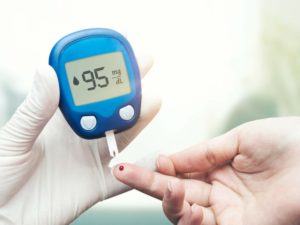 pancreas, which regulates the metabolism of sugar by absorbing glucose from blood into liver, fat and skeletal muscle cells. when sugar consumption is high, pancreas increases the production of insulin to certain level above which it can’t produce. when pancreas fails to maintain insulin level, blood sugar content increases. the combination of insulin resistance and failure of β cells of pancreas to produce insulin results in Type 2 diabetes.
pancreas, which regulates the metabolism of sugar by absorbing glucose from blood into liver, fat and skeletal muscle cells. when sugar consumption is high, pancreas increases the production of insulin to certain level above which it can’t produce. when pancreas fails to maintain insulin level, blood sugar content increases. the combination of insulin resistance and failure of β cells of pancreas to produce insulin results in Type 2 diabetes.
Drains Energy: Consuming large quantities of sugar can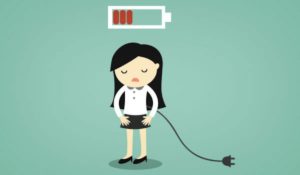 spike your blood sugar and insulin level and increases the energy of the body, but it only lasts for a while, after an hour energy drops sharply, potentially causing you to feel more tired than you did before consuming the drink.
spike your blood sugar and insulin level and increases the energy of the body, but it only lasts for a while, after an hour energy drops sharply, potentially causing you to feel more tired than you did before consuming the drink.
Fatty Liver: Liver converts carbohydrates and sugars into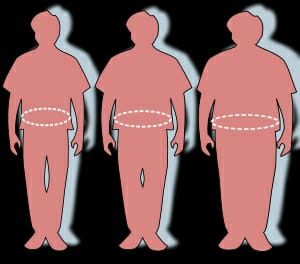 glycogen. When the sugar is in excess quantity liver converts them into fat by a process called hepatic De Novo Lipogenesis, which leads to fat accumulation in the liver. It is also called as Hepatic steatosis or fatty liver disease.
glycogen. When the sugar is in excess quantity liver converts them into fat by a process called hepatic De Novo Lipogenesis, which leads to fat accumulation in the liver. It is also called as Hepatic steatosis or fatty liver disease.
Tooth decay: Plaque bacteria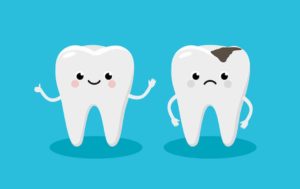 starts interacting immediately with the Sugar that we consume and produces acids as end product of metabolism. Acids produced will dissolves your enamel slowly and causes holes or cavities in your teeth.
starts interacting immediately with the Sugar that we consume and produces acids as end product of metabolism. Acids produced will dissolves your enamel slowly and causes holes or cavities in your teeth.
Digestive Issues: When sugar passes thro ugh intestine undigested, it causes symptoms similar to that of Irritable Bowel Syndrome, including bloating, diarrhea and gastroenteritis, cramps etc.
ugh intestine undigested, it causes symptoms similar to that of Irritable Bowel Syndrome, including bloating, diarrhea and gastroenteritis, cramps etc.
Signs you are eating too much sugar
-
Weight gain
-
Fat deposition around waist
-
Foods doesn’t taste sweet enough
-
High blood pressure
-
Changes in sleep cycle
-
Fatigue/low energy
-
Craving for sweets
Tips to reduce sugar consumption
-
Prefer unprocessed and whole foods over processed.
-
Replace sugar with non-nutritive sweeteners like Stevia.
-
Consume fruits instead of fruit smoothies and juices.
-
Choose sugar free options (sugar less nut butter, etc).
-
Avoid beverages rich in sugar.
Effects of giving up sugar
-
You’ll feel more energetic
-
Lower risk of type 2 diabetes
-
Lower risk of tooth decay
-
You’ll sleep better
-
Deceased risk of obesity
-
You’ll be more focused
-
You’ll lose belly fat
-
Heart health increases






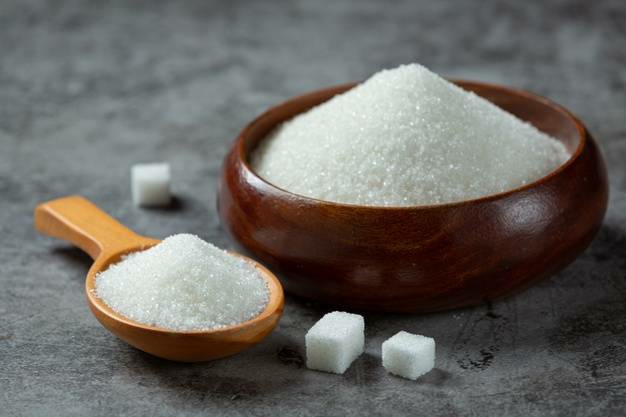

Leave a Reply